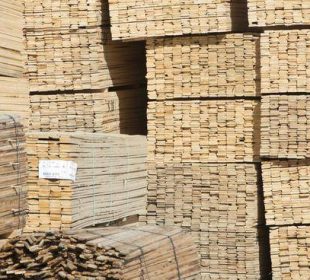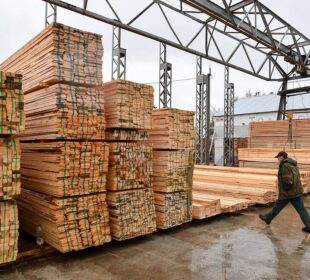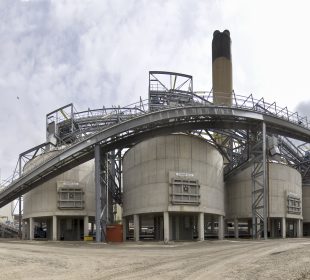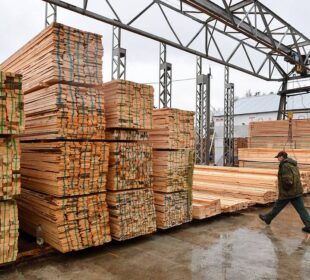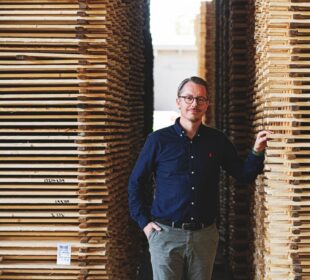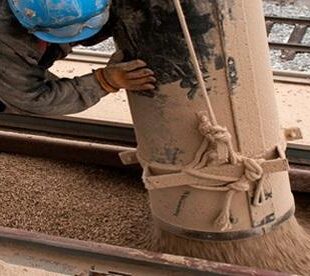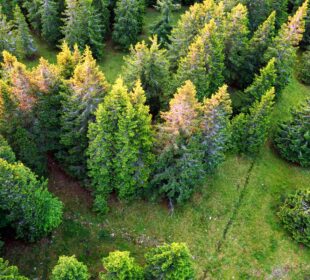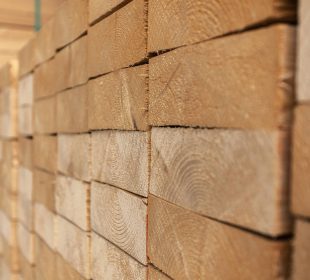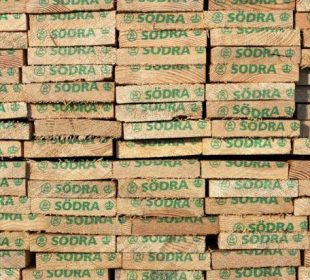A sharp increase of the number of wood biomass power generation plants in Japan resulted in the expansion of the fuel supply provided by large trading Japanese companies.
The number of wood biomass power generation plants increased once the feed-in tariff (FIT) system got into force in July 2012. Japan has diversified its power mix since the suspension of the country's nuclear generation following the Fukushima disaster in 2011. And it has set ambitious emissions reduction targets. Under the FIT scheme, generators receive ¥17-32/kWh (14¢-27¢/kWh) depending on the wood source they use.
Thus, many Japanese companies, which had their own power generation plants or invested in biomass power plants, now have made progress in the procurement of biomass.
Woody biomass which is used by coal burning power plants as to reduce carbon dioxide emission, represents a substituting businesses. It can supplement the declining business of the Japanese building materials industry, considering a possible decrease of housing starts in the future.
Japanese timber companies boost biomass procurement
Sumitomo Forestry’s fuel supply in 2015, domestic wood chip and imported Palm kernel shells (PKS), was 1.2 million cubic meters, 5.3% more than 2014. With increasing number of biomass power generation plants, the supply of PKS sharply increased, reaching double of 2014’s supply.



